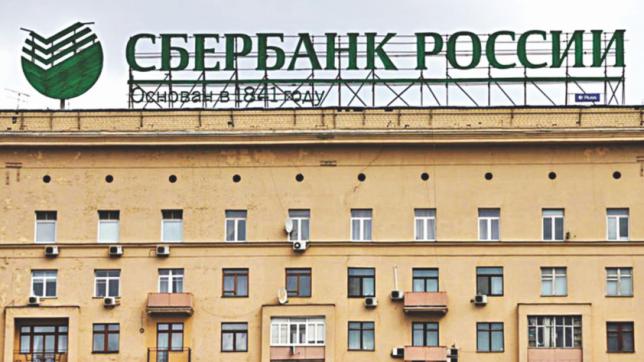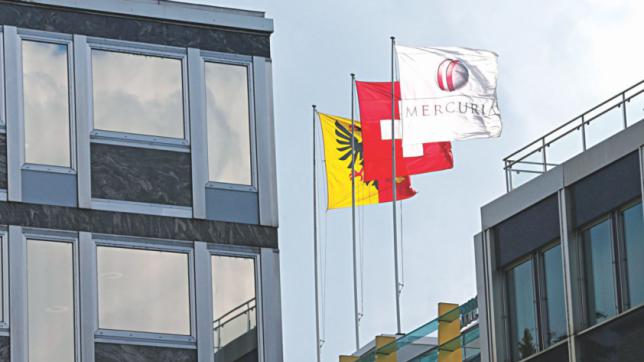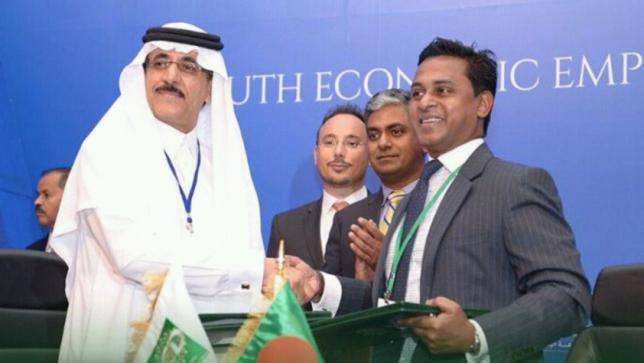Alistair Cross was flying high after showing in a pilot project how blockchain - the technology first developed for the crypto-currency bitcoin - could transform the old-fashioned and secretive world of commodity trading.
But since the pilot ran early this year, Cross and his rivals have hit some hard realities as they try to propel their industry into the digital age at last.
Word spread fast through the business when Mercuria, the Swiss-based commodities house where Cross is head of operations, successfully tested an oil trade. "The number of phone calls I've had from people in the last month once they heard we had done this has been incredible," he told Reuters.
Cross and many others in the sector are excited about the possibility of saving billions of dollars a year in commodities trading by scrapping millions of paper documents and moving to a digital equivalent with blockchain.
But adopting some form of blockchain, which in the case of bitcoin allows for transactions through a peer-to-peer computer network, with no need for middlemen, wouldn't be universally welcomed. Many in the conservative commodity business shrink from the thought of losing discretion in their dealings, as well as jobs and perhaps even their business if the technology succeeds disrupting the status quo.
After a series of upbeat announcements from Mercuria and others about successful pilots and "proofs of concept", Cross and rivals have found that translating enthusiasm into a broad-based roll-out of the technology is proving difficult.
Even if problems in the blockchain technology are ironed out, the sector has to hammer out common legal standards, ensure there are links between different dealing platforms and persuade scattered elements of the supply chain - from commodity producers and brokers to traders and consumers - to co-operate.
For Cross, the fear is that a profusion of systems will emerge. "There's got to be consolidation in all this because if everyone comes up with their own offering it will be too burdensome, it will kill itself," he said.
Long after stock, currency and bond trading moved to electronic systems, the business of buying and selling commodities is largely stuck in an era of paper and fax machines.
"When you start to think about some of the (possible) efficiencies in that environment, it's astronomical," said Guy Halford-Thompson, CEO of BTL Group, a technology firm that is running a blockchain pilot with European energy companies.
Whether it is trading oil, copper or wheat, participants currently grapple with a mountain of documents including letters of credit, bills of lading and inventory receipts.
For instance, more than 4.5 million letters of credit were issued in 2015, accounting for over $2 trillion of global trade, according to HSBC. Blockchain has the potential to eliminate all this kind of paper and much more.
Shaving only part of the costs from such a huge volume of trade could amount to billions of dollars in gains for firms across the supply chain. Mercuria has estimated that costs in terms of payments could slide by 30 percent by using the technology.
Eager to turn the concept into reality, HSBC completed a test run last year along with Bank of America Merrill Lynch and the R3 technology group, proving that a letter of credit could be replicated on a distributed ledger.
The test, while successful, also revealed the tough road ahead. "We learned that it could be done, but there were quite a few restrictions with the technology itself... particularly around the scalability and security," said Vivek Ramachandran, global head of product for HSBC's trade finance business.
HSBC is now working with another broader group of banks and technology firms to move the project forward.
Ramachandran believes the technology will eventually transform the sector, but it will be tough convincing a wide range of market participants to set aside rivalries and move onto a blockchain platform. Some in a fiercely competitive commodities sector are reluctant to put their data on a common platform.
"If you're a proprietary trader with your specific strategies that make you a lot of money, you're not in the business of sharing that with anybody," said Talib Dhanji, EY's Commodities Markets Leader.
Blockchain technology allows for public, private and mixed platforms, but to reap the benefits, the whole supply chain including producers, shippers, warehouse operators and customs authorities must use it.
Technology giant IBM recognises the difficulty of moving beyond a pilot of trading crude oil that it has tested with French bank Natixis and trading house Trafigura. "Clearly it needs a number of banks and a number of buyers and sellers, enough to get a critical mass to make a business network valid," said Keith Bear, IBM's vice president of financial markets.
Even among commodity and technology partners working on blockchain projects, there is reluctance to share information.
"You don't want to give away your intellectual property or your market knowledge, access to clients, to fintech companies for the privilege of paying for that technology for the rest of your life," said Kris Van Broekhoven, global head of commodity trade finance for Citibank. "So it's not an easy discussion."
In some cases, people may be wary of joining an initiative that may render their roles redundant. Banks, brokers and energy utilities could all face uncertain futures in a world where the buyer and seller can do business directly in a digital system.
"Once you have the transparency, the visibility, the digital trust...it means a challenge to the value that they add to that process," said Richard Payne, managing director of commodities trading and risk management at Accenture Resources.
news:daily star/23-may-2017






